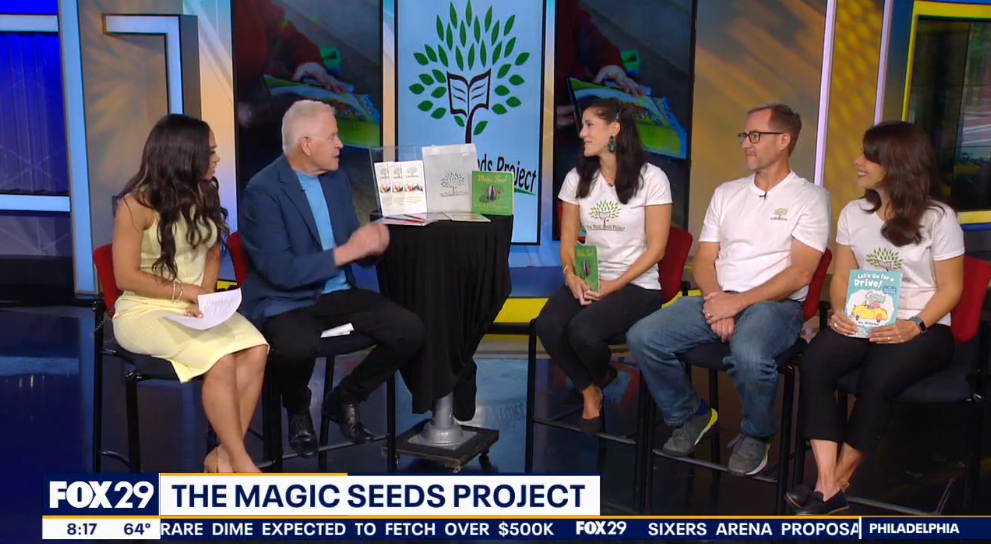Planting the Seeds of Lifelong Learning
Our mission is to nurture a love of reading and learning by providing families of babies, toddlers, and young children with books and resources that plant the seeds of lifelong literacy and curiosity.
The Three Magic Seeds
Read to Children
Newborn babies may not understand the story or the pictures when being read to, but they know that people they love are holding them, bonding with them. And they learn, over time, that books are important because the people they love are investing time to share special moments that involve books. Reading to babies sets the stage for literacy development. Children who are read to starting from a young age read more. The benefits of reading - more varied vocabulary, increased fluency, stronger comprehension, and more are seen throughout their lives.
Hold Conversations
Newborns and babies are learning all the time. They are intense observers of their loved ones who are models for them. Babies learn to talk by imitating those around them and then receiving feedback. The more you talk to your baby, the more words he/she hears. This high volume of words heard results in increased vocabulary development and increased background knowledge about the world which will result in rich literacy development throughout their lives.
Limit Screen Time
Small children need interactions with people and objects in order for their brains to grow. Any screen, be it big or small, allows children to be passive observers of information that they may or may not understand. To maximize literacy and overall development, have babies and small children spend more time exploring, reading, and playing and less time in front of a screen.
The Benefits of the Seeds
Please watch our short video to see how the 3 Magic Seeds will impact the literacy development of your child. Subtítulos en español están disponibles.
Stay Updated
Click the button below to subscribe to our monthly literacy newsletter, Little Sprouts.

Good Day Philadelphia Feature
The Magic Seeds Project was recently features on Fox 29’s Good Day Philadelphia. Check out the video to learn more about the Magic Seeds Project.
“The literacy process is continuous, not always linear, and starts at birth.”
– The Importance of Being Little by Erika Christakis, p. 229 –
